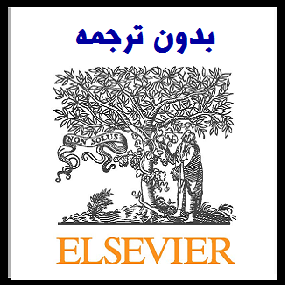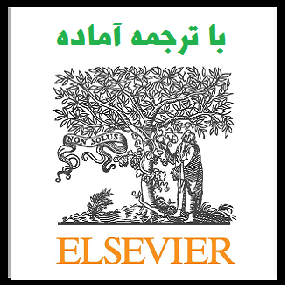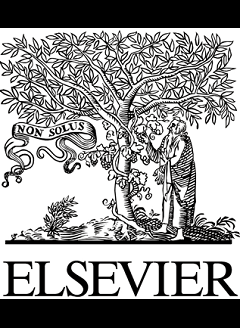دانلود رایگان مقاله طراحی انگیزه و بازی وار سازی برای مدیریت دانش – سال 2020


مشخصات مقاله:
عنوان فارسی مقاله:
طراحی انگیزه و بازی وار سازی برای مدیریت دانش
عنوان انگلیسی مقاله:
Incentive design and gamification for knowledge management
کلمات کلیدی مقاله:
بازیگونهسازی، سیستم تشویقی، مدیریت دانش، اشتراک دانش، انگیزه
کلمات کلیدی انگلیسی:
Gamification – Incentive system – Knowledge management – Knowledge sharing – Motivation
مناسب برای رشته های دانشگاهی زیر:
مدیریت
مناسب برای گرایش های دانشگاهی زیر:
مدیریت دانش
وضعیت مقاله انگلیسی و ترجمه:
مقاله انگلیسی را میتوانید به صورت رایگان با فرمت PDF با کلیک بر روی دکمه آبی، دانلود نمایید. برای ثبت سفارش ترجمه نیز روی دکلمه قرمز رنگ کلیک نمایید. سفارش ترجمه نیازمند زمان بوده و ترجمه این مقاله آماده نمیباشد و پس از اتمام ترجمه، فایل ورد تایپ شده قابل دانلود خواهد بود.
فهرست مطالب:
Abstract
Keywords
1. Introduction
2. Theoretical background
3. Approach
4. Literature review
4.1. Intrinsic and extrinsic motivation for KS
4.2. Barriers
4.3. Incentive systems
4.3.1. Internal and external incentives
4.3.2. Social incentives
4.4. Gamification for knowledge management
5. Game mechanics and incentive design for knowledge management
5.1. Challenge
5.2. Competition
5.3. Feedback
5.4. Performance graphs
5.5. Rewards
5.6. Status
6. Practical implication
7. Conclusion and future research
Acknowledgement
References
قسمتی از مقاله انگلیسی:
1. Introduction
The sustainable use of business resources is a key to corporate success. In addition to human, physical or financial resources, knowledge is a rather abstract but no less crucial key resource of a company (Helm, Meckl, & Sodeik, 2007). It gives companies a decisive advantage over their competitors and secures the flow of business processes. The notion of “knowledge is power” represents the struggle for success and competitive advantages in the world of business. While on the one hand, the adequate protection of the company’s own knowledge is of great importance for companies, on the other hand, a free and open handling of knowledge is required in the internal process. Withholding of knowledge has a negative impact on knowledge sharing (KS) behavior of the knowledge community as a whole like intra-organizational knowledge-hiding (Serenko & Bontis, 2016) and may additionally lead to knowledge gaps. These can have far-reaching consequences for the company’s operating capability in the event of an employee’s absence like loss of the organizations’ ability for task performance (Levy, 2011; Massingham, 2008). Furthermore, knowledge loss can cause high time and cost efforts for training and acquisition of knowledge which is or has already been possessed by co-workers (Serenko & Bontis, 2016). This makes knowledge management capability a competitive factor for organizations (Chuang, 2004). Knowledge management (KM) comprises the processes of creating, storing, transferring and applying knowledge within a company (Alavi & Leidner, 2001). Knowledge Management Systems (KMS) are IT-systems that provide technical support to employees in the processes of KM (Desouza & Awazu, 2005). Examples of KMS are Content management systems (CMS), Wikis, Blogs, Enterprise social networks (ESN), Groupware systems or Bugtracker. They allow employees to create documents or other forms of knowledge artifacts (videos, instructions, tickets), to store and structure them.




